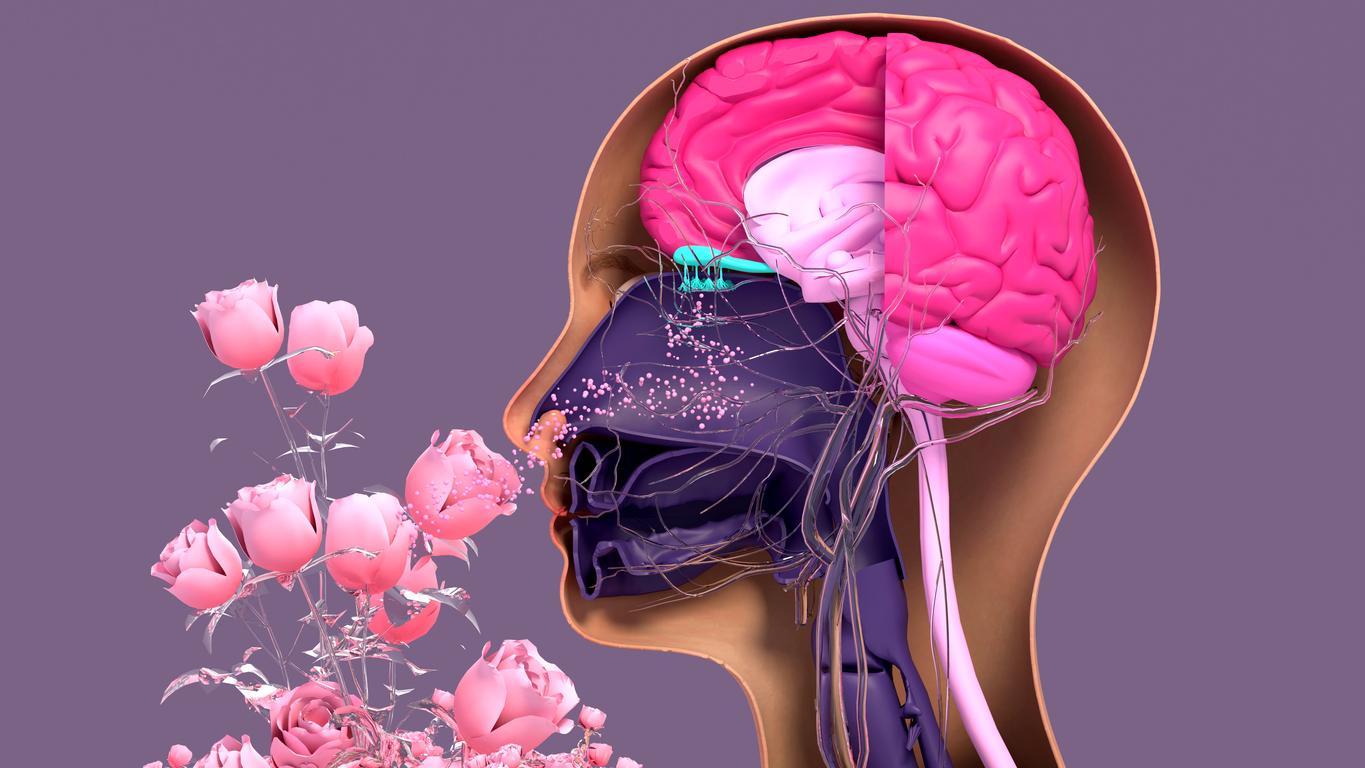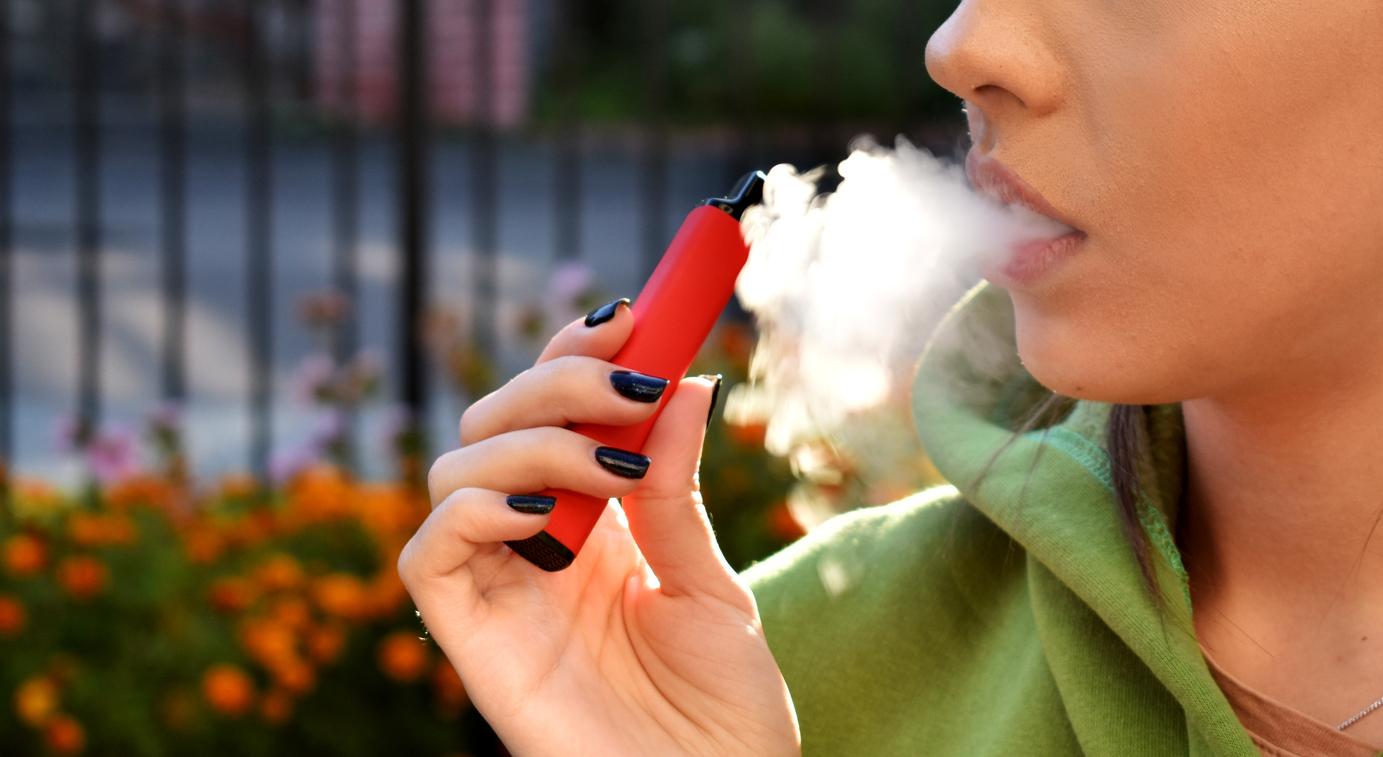A new study highlights the side effects of vaping on the sense of smell in young adults.

- Researchers in New Zealand carried out work on 213 people to assess the potential effects of electronic cigarettes on the senses of smell and taste.
- It appeared that non-vapers find mild and sweet smells “more pleasant” than vapers, “overexposed” to the sweet flavors which remain the most popular.
- One possible reason is that “nicotine [contenue dans les vapoteuses] enhances stimulus reinforcement, so that in the absence of nicotine, sweet odors may seem less pleasant.”
“We know that smoking can be a cause of smell dysfunction and taste changes, but the mechanisms of smoking may not necessarily apply to vaping…” To find out more, researchers from the University of Otago in New Zealand, in collaboration with the National Institute for Health Innovation, carried out work to evaluate the potential effects of electronic cigarettes on certain our sensory functions.
Sweet smells are considered “more pleasant” by non-vapers
“Changes in smell and taste are often linked to changes in diet, explains Dr. Jessica McCormack, lead author of the study, in a communicated. “It is therefore important that we understand the long-term effects of vaping, particularly in those who have never smoked or no longer smoke.”
As part of their work, published in the journal Appetite, the team of scientists relied on data from 213 young adults who smoke electronic cigarettes regularly, occasionally, or who have never touched them. Participants were asked to taste and smell different flavors and odors diffused in simple solutions, then rate the intensity of the samples and the sensory pleasure it gave them. Then, with a simple sensory detection test, they had to distinguish a sample of plain water and the taste/smell in question at a very low concentration.
Result, it appeared that non-vapers find the smells mild and sweet “more pleasant” that vapers, “overexposed” with sweet flavors which remain the most popular (on the other hand, there was no difference for “salty” smells and tastes). In other words, e-cigarette users would have a less sensitive sense of smell than non-users – at least for sweet flavors.
Electronic cigarettes: “nicotine improves the reinforcement of stimuli”
One possible reason, according to the study, is that “nicotine [contenue dans les vapoteuses] enhances the reinforcement of stimuli, so that in the absence of nicotine, sweet smells may seem less pleasant.” “Is this related to the use of flavorings or nicotine, or a combination of both? “ask the researchers, who plan to carry out other clinical studies to resolve the question.
This is not the first study to suggest the harmfulness of electronic cigarettes on some of our senses. Recently, Public Health France warned of the worrying symptom of “vaper’s tongue”, which is characterized in particular by a loss of taste. A few months earlier, a Canadian study affirmed, with supporting evidence, that vaping increased the risk of eye problems (pain, itching, dryness, blurred vision, headaches, etc.). Smell, taste, sight… It’s starting to do a lot!














